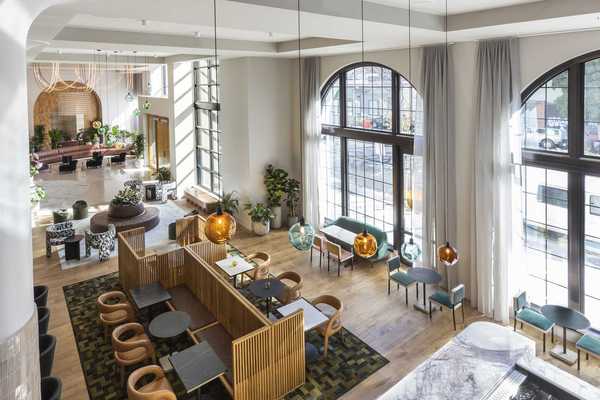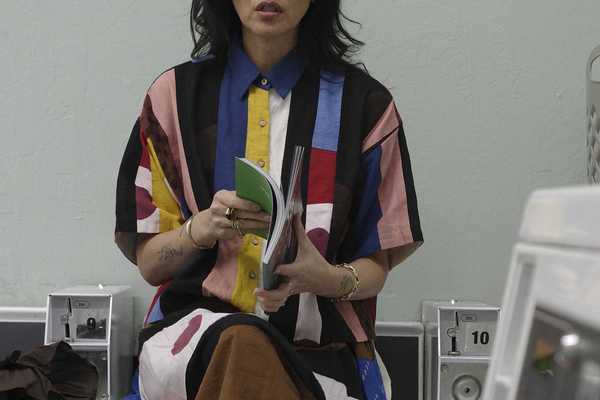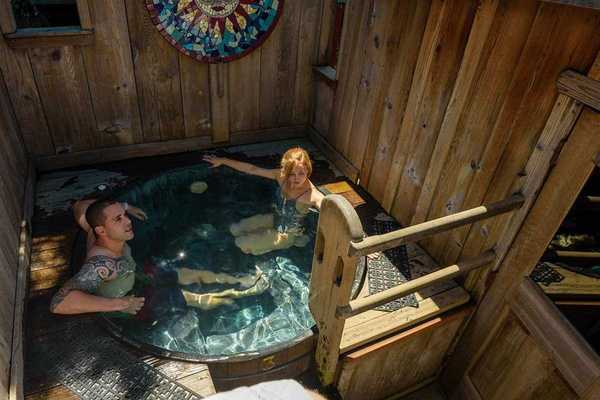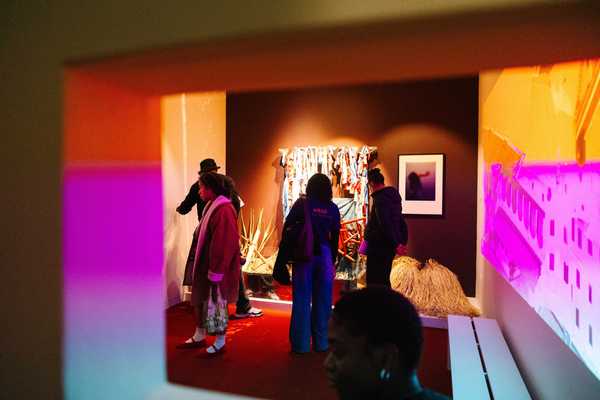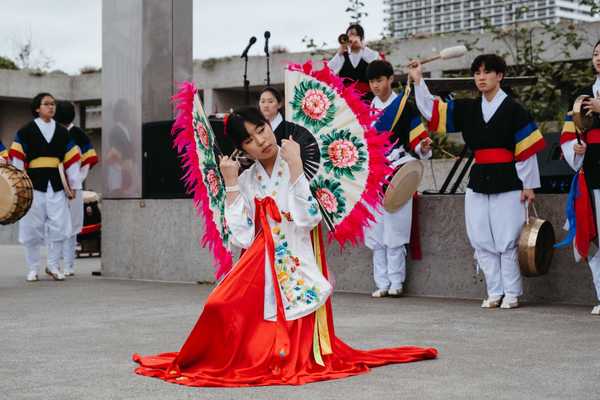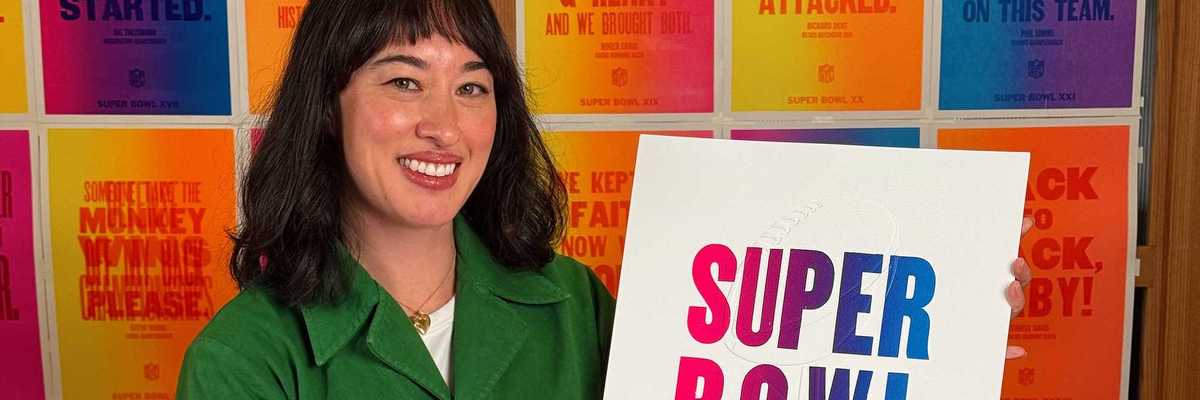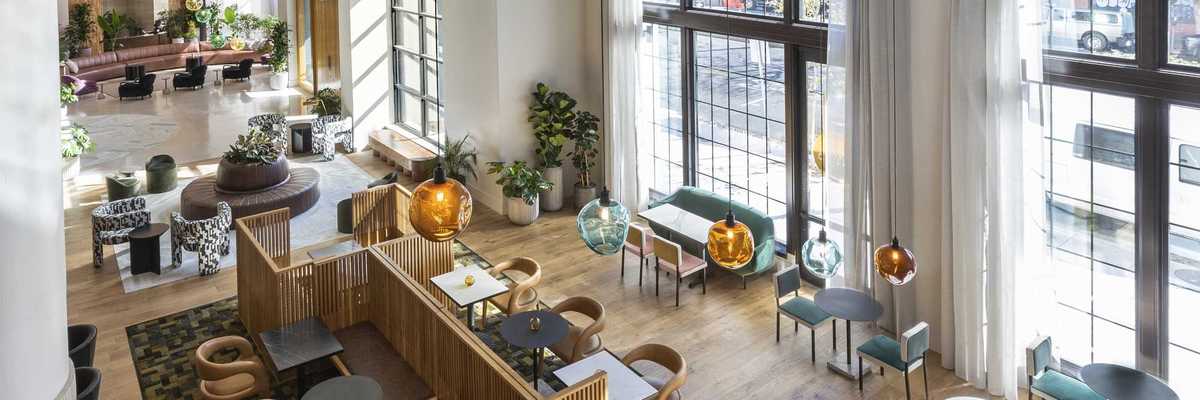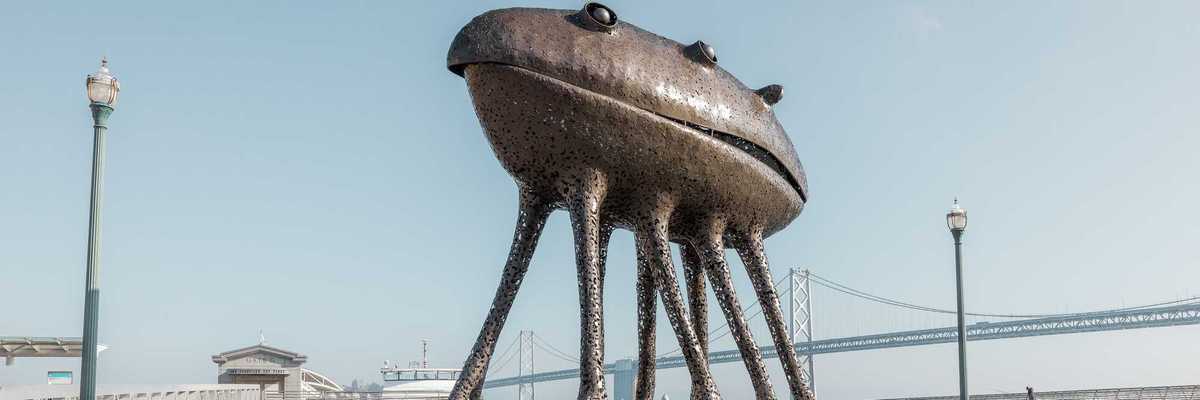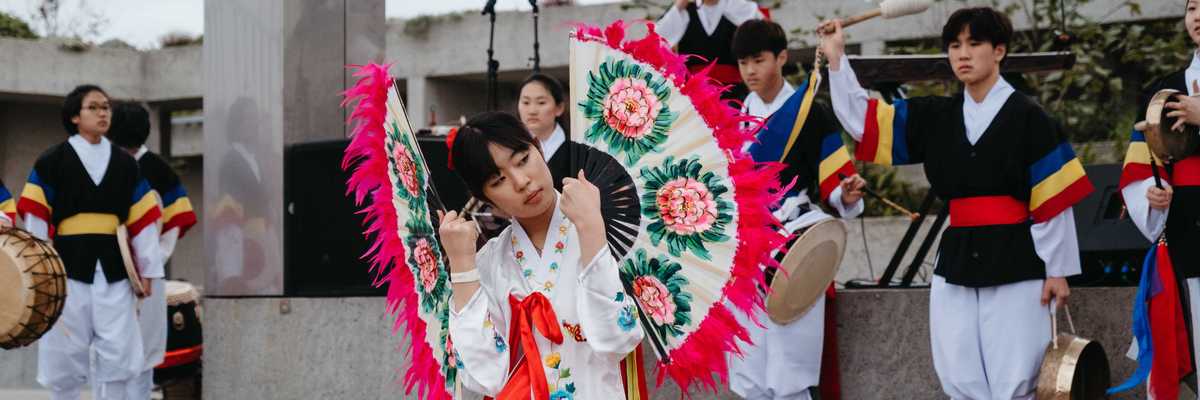Yoky Matsuoka, VP of Technology at Palo Alto-based Nest Labs, which makes a smart, energy-efficient home thermostat, didn’t follow a conventional path on her journey to the center of Silicon Valley.
She grew up in Japan, the only child of parents whose idol was tennis star John McEnroe. She herself was a nationally ranked tennis player when injuries forced her to choose a different path – robotics.
“The transition from my tennis career to my robotics career came when I was injured,” Matsuoka says. “I watched the top-ranked player and I knew that my body could not keep up with what I'd need to do. I had it in my head but not in my body.
“Tennis was the only thing I knew,” says Matsuoka. “But I also was interested in engineering, so I got the idea to build a robotic tennis buddy.”
Moving to the U.S. at age 16, Matsuoka first had to learn a new language.
“When I came to U.S., I didn't speak a word of English so I didn't say anything for three months,” she recalls. “But I knew I had this passion for both mechanical and electrical engineering.”
She eventually pursued those passions at UC Berkeley and MIT, earning advanced degrees, including a PhD, and ultimately designed not an entire humanoid, but an amazingly realistic robotic hand.
For this, she was named a MacArthur “genius award” winner in 2007.
Over the years she also discovered how many disabled people could benefit by advances such as the robotic hand, and took a deep interest in neuroscience as a discipline that could help improve the prospects of the physically and mentally disabled.
After a stint on the faculty at the University of Washington, she recently left to join Nest Labs, which is headed up by Tony Fadell, the former Apple executive who was instrumental in developing the iPod and the iPhone.
Nest’s thermostat is quite reminiscent of Apple products in the simplicity and elegance of its design, combined with the sophistication of its technology.
“The idea was to take what is currently an ugly beige product we don't even look at, and make it beautiful, with an easy-to-use user interface, plus it’s smart and you can program it from anywhere on your smartphone,” explains Matsuoka.
The Nest thermostat learns from you. When you feel cold, turn it up; when you feel warm, turn it down.
The device tracks your habits to recognize when you’re home or away, awake or asleep, active or sedentary.
It has five sensors measuring the temperature, humidity, light, near-field motion detector, and far field motion sensor.
It detects your presence as a large water mass with a specific body temperature. It is constantly learning from your patterns of behavior.
“How does it learn? It looks to see what you do in the morning, when you usually get up, and later when do you get home at night. It calculates the probabilities around all of that," Matsuoka explains.
“From sensor data, we know that people are very regular in our habits. This allows our algorithm to be predictive and anticipate when to adjust the temperature in your house.”
Matsuoka cautions that people have to take an active role at first by interacting with the thermostat.
“It learns like humans learn – very aggressively at first and then it slows down. So you have to teach it – it’s not a passive learning experience. We ask people to teach it well. After a few days, it will respond very well.”
For Matsuoka, the Nest position represents a merging of her intellectual interests.
“I’m always trying to combine the different paths I have taken. Here, I work at the intersection of human learning and machine (device) learning. That’s the sweet spot – to help people be who they want to be. People want to be green but they don’t necessarily know how to be green. Technology can help you accomplish that goal.”
Matsuoka enjoys serving as role model to younger women by encouraging them to pursue careers in science and technology.
“I tell them I didn’t let anything bother me over the years,” she says. “I was different and I liked being different.”
But she says for her, the key to her success was coming to a country where women are not prevented from taking leadership positions in business or academia.
“There is no way I ever could have succeeded in Japan. People there told me, ‘you’ll never fit in, you’re too weird.’ I’ve had universities there tell me, ‘don’t come back.’ It’s difficult for a girl growing up there because you can’t know what is possible.
“But as soon as I got here, I felt something – that here I could be different.”
Matsuoka is the mother of four, and despite her demanding career, says that “family comes first for me. I always wanted lots of kids. It’s incredibly hard, keeping that balance.”
She says she wants to keep reaching out to disabled people to encourage them to keep the faith that that they can attain an independent life. She used the money from her genius award to establish a small nonprofit, YokyWorks.org, toward that goal.
She hasn’t abandoned her desire to build a robotic tennis buddy, either. That will just have to happen, she says, somewhere down the road.







